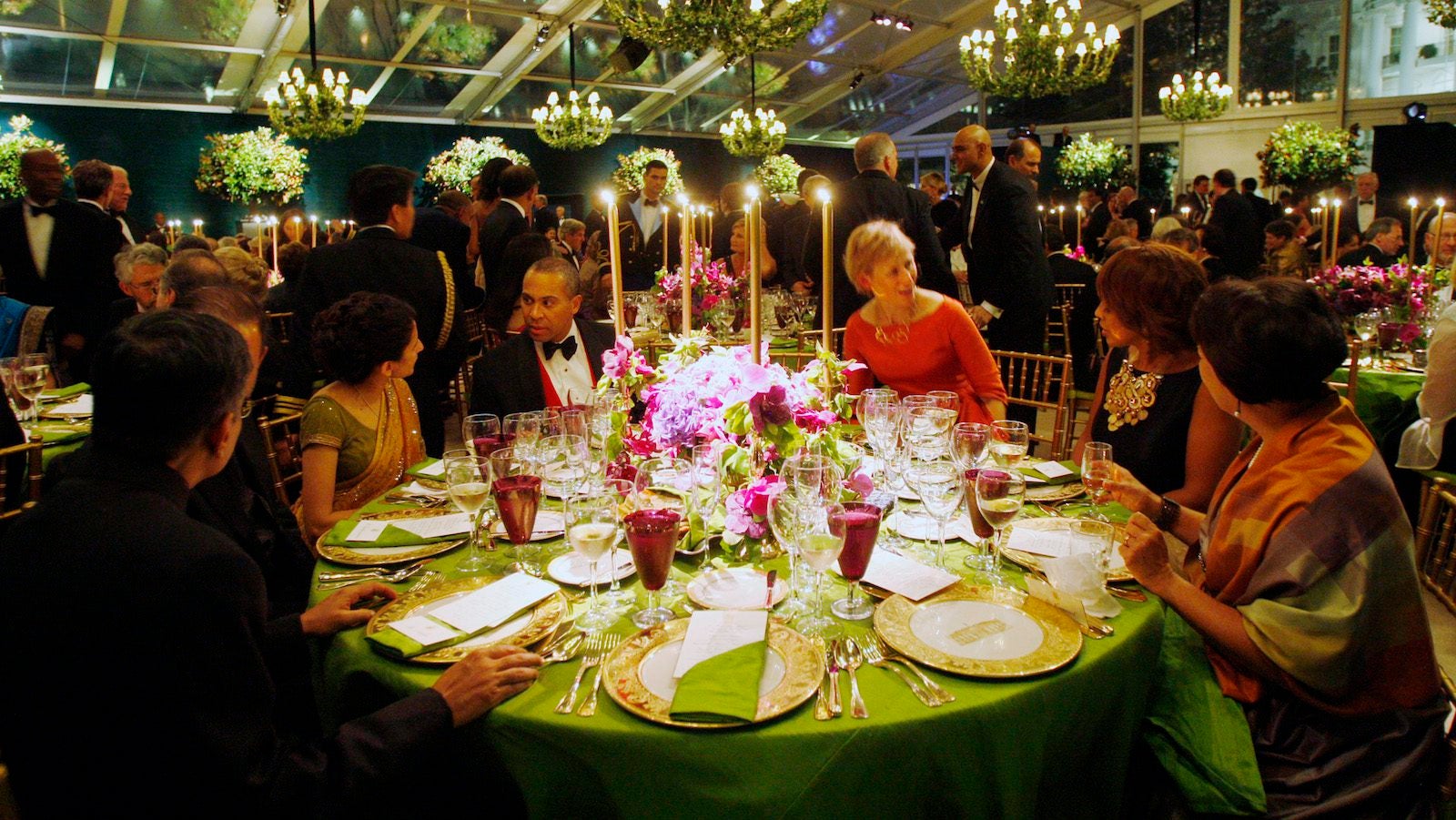Be kind and understanding to the genius in your life
It’s never enough to be touched by genius. As an audience, we demand our geniuses to be likable, too.


It’s never enough to be touched by genius. As an audience, we demand our geniuses to be likable, too.
We say to musicians: “You articulated the feelings I thought were only mine. You made me feel a little less alone. You colored in this world, you made it visible and livable—so why can’t you drop an album every year?”
We say to athletes: “I want you to defy everything I’ve ever known the human body to be capable of doing. I want you to defy the laws of physics and gravity. I want you to make me proud of this place, this town, this country—but won’t you please be humble about it?”
“It is very painful, I think, to be told: ‘You enchanted the world for me, you made me feel things I never knew I could, now please be normal at dinner,’” wrote Brian Phillips, Grantland staffwriter, in a June Grantland article “Run to the Devil: The Ghosts and Grace of Nina Simone.” “We are always saying this to people in one way or another, of course; maybe we have to.”
This line captures the way we tangle up love, fascination and entitlement—an act that is at once inherently human, terribly relatable, and supremely tragic. We all know that asking for more is not fair. We know it’s a request we would never stand to make of ourselves. But that doesn’t prevent us from imposing all kinds of quotidian demands on the very people we claim to most love and admire.
In this way, our dialogue with genius extends into the quiet and unremarkable moments of our lives. Right now, there is a man in my life whom I dare to say I love. He’s a musician. I understand this is a cliché.
I don’t love him because he is a musician, but I do feel a kinship to him as a writer. I understand the work—how it consumes you, how it needs to. How an unproductive session can humble you, how an engaged and grateful audience uplifts you, and how you must try to not attach yourself too much to either possibility.
This understanding enriches the love I have for him, but it comes at a price—which is, of course, another cliché.
So is the scene where I’m sitting in his driveway wondering where he is. It’s night and it’s growing late and I’ve been waiting to see him all day. But his car isn’t there.
When I text to see if he’s on his way, he responds with shock—so wrapped up in his work, he hadn’t even left his studio yet. And even though it’s just a 15-minute difference between this call and the moment he appears, I feel a surge of anger.
Anger because this isn’t the first time and it won’t be the last. Anger because I’m not thinking about those 15 minutes, but all the minutes to come—how much of our indeterminate future will be spent with me thinking of him, and him thinking of something else entirely. How I will always be fighting against 15 minutes.
I’m ashamed to feel that ache to possess someone, especially when I think of all the people (lovers, friends, family) who had to endure my absences, both physical and otherwise. I feel ashamed that there are moments when I would trade love for a mundane kind of security. For comfort.
Love and comfort are two very separate concepts whose edges we blur all the time. Love and genius, on the other hand, are superficially different, but far more similar. They are both exhilarating and terrifying, and just as likely to inspire dread as joy. And they both come with very real costs—chief among them, our comfort.
In stubbornness, we say to love, and to genius:
Fit here. Fit in this tiny space. Where I may keep you. Where I may like you. Where I can understand.
It is human. And as Phillips writes, it may even be necessary. But I can’t help but be haunted by the ultimate cost our expectations extract from our geniuses, and ourselves.